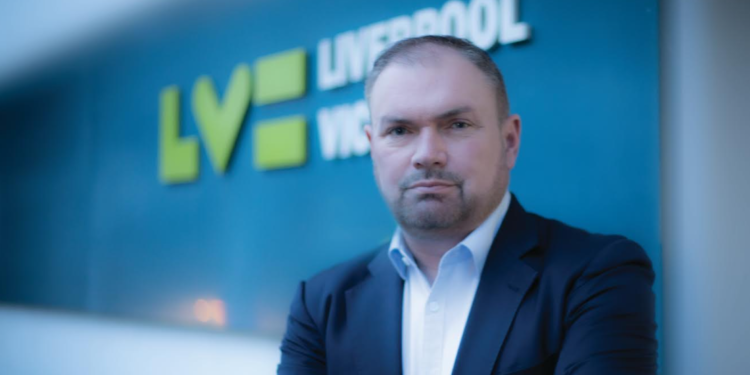Wellbeing sentiment across the UK is slowly improving but inflation and the rising costs of everyday items are continuing to be significant causes for concern.
According to LV=’s latest quarterly research, which generates scores between -100 and +100, its wellness tracker has increased to +20 with 60% of those surveyed saying they were comfortable and 40% struggling.
This was up by five points from March 2023 but hid some notable differences across the population of the 4,000 adults surveyed.
Those aged 60 to 78 reported the biggest change in financial resilience compared to the last quarter, as their score increased from 0 to +7.
However, this generation and 44 to 59-year-olds had the most negative outlook for the future ahead.
Notably, 50% of respondents aged 44-59 said they were financially struggling – and they were not alone as the cost-of-living crisis continues to hit many people hard.
Almost half (45%) of UK adults said they could only just afford day-to-day bills, with 10% stating they could not afford them.
And 40% of all UK adults were worried about the rising prices of day-to-day items.
Renters were particularly vulnerable with half of these respondents (51%) worried about the rising prices of day-to-day items and 38% worried about rising energy bills.
Compared to the general public, parents with children under 10 were more likely to fall behind on utility bills, 9% vs 6%.
They were also twice as likely to miss payments for credit cards or loans (8% vs 4%) or miss mortgage or rent payments (8% vs 3%).
One in four mortgage holders were worried about interest rate rises on mortgage repayments compared to 10% of the general public while one in five investors were worried about savings being devalued by inflation.
Sentiment up slightly
Overall, the wealth and wellbeing indices that track current finances and future outlook show a slight rise in consumer sentiment compared to a year ago, as UK adults were 5% more likely to believe their finances will improve in the next three months.
The index measuring savings also saw an increase, with a 3% rise in pension savings since March 2023.
LV= chief executive David Hynam (pictured) said: “Although our Wealth and Wellbeing Research Programme shows fewer people are financially struggling compared to 2023, many are still worried about their finances and what the future holds for them.
“Despite the nation gradually becoming more financially resilient, our data shows that socialising spend has remained stable as many people are prioritising their everyday living costs.”






